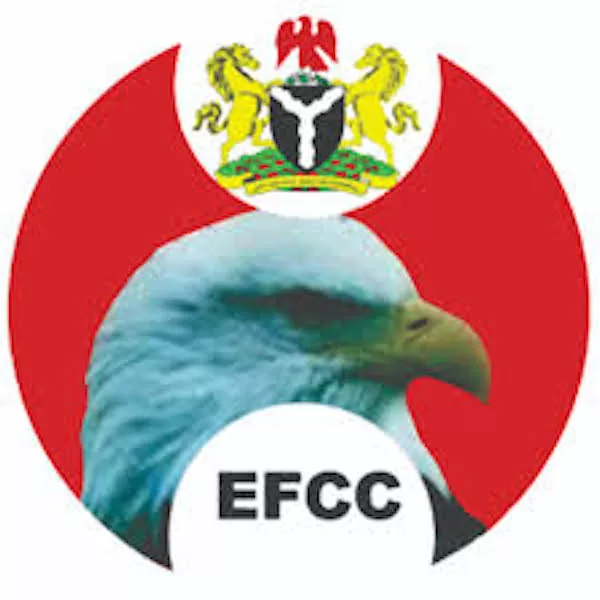Mr. Ola Olukoyede, Chairman of the Economic and Financial Crimes Commission (EFCC), has shed light on a troubling aspect of Nigeria’s financial landscape. According to recent findings, a staggering 70% of financial crimes in Nigeria can be directly traced back to the banking sector. This revelation has sent shockwaves through the country’s financial institutions and raised serious concerns about the integrity of the banking system.
Financial crimes encompass a wide range of illicit activities, including money laundering, fraud, embezzlement, and corruption. These crimes not only undermine the stability of the financial sector but also pose significant threats to the country’s economic development and security.
Tension In Banking Sector, As EFCC Deadline on Assets Declaration Expired Today
Mr. Olukoyede’s disclosure underscores the urgent need for increased vigilance and regulatory oversight within Nigeria’s banking sector. It highlights the imperative for banks to implement robust anti-money laundering and compliance measures to detect and prevent illicit activities.
The EFCC, as Nigeria’s foremost anti-corruption agency, has vowed to intensify its efforts to combat financial crimes and hold perpetrators accountable. This revelation serves as a wake-up call for both financial institutions and regulatory authorities to collaborate closely in addressing this pressing issue.
Reps To CBN: Upgrade E-Platforms By Ordering Commercial Banks
Moreover, it emphasizes the importance of fostering a culture of transparency, accountability, and ethical conduct within the banking sector. Strengthening governance frameworks and enhancing cooperation between government agencies, regulatory bodies, and financial institutions are crucial steps towards combating financial crimes effectively.
As Nigeria strives to bolster its economy and attract foreign investment, tackling financial crimes and restoring trust in the banking sector must be prioritized. The revelations made by the EFCC Chairman serve as a stark reminder of the challenges ahead and the collective responsibility to safeguard the integrity of Nigeria’s financial system.
Post Disclaimer
The opinions, beliefs and viewpoints expressed by the author and forum participants on this website do not necessarily reflect the opinions, beliefs and viewpoints of Anaedo Online or official policies of the Anaedo Online.

